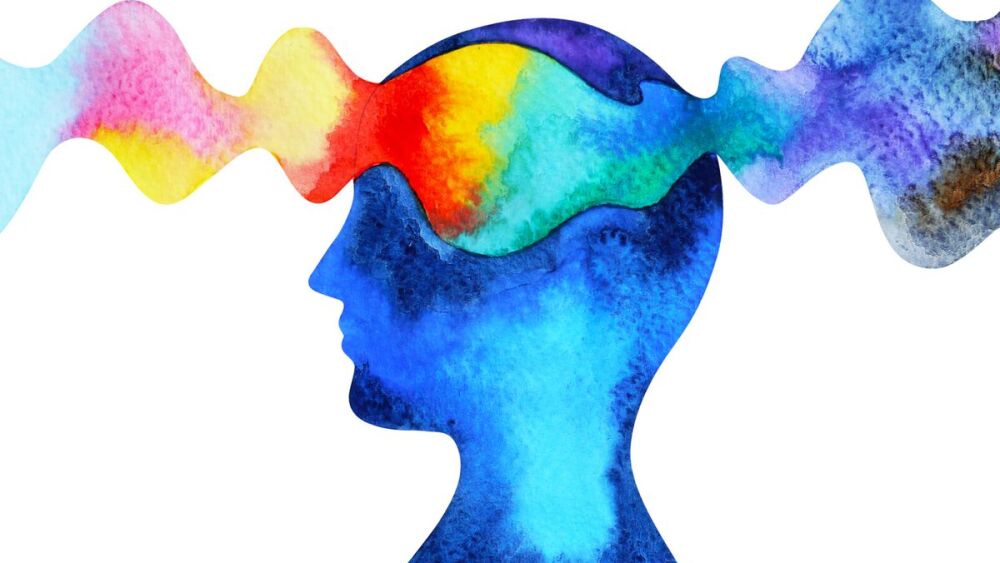To describe the COVID-19 pandemic as stressful is an understatement. Especially for first responders – who are required to be on the front lines and interacting with the public – the experience has produced a seemingly unprecedented national level of anxiety.
Many people naturally connect negative events with post-traumatic stress disorder (PTSD), a condition that’s triggered by a terrifying event or a series of traumatic events over time, leading to symptoms that may include flashbacks, nightmares and severe anxiety, as well as uncontrollable thoughts about the event.
While it is easy to focus on the negative impact of the experience, events like this can also have a positive impact on firefighters in the long run. Specifically, events like this can lead to post-traumatic growth, which is characterized by beneficial improvements in thoughts and emotions – or personal growth – in the wake of a traumatic experience.
How focused rumination leads to growth
In a 2019 study – Predicting Posttraumatic Growth among Firefighters: The Role of Deliberate Rumination and Problem-Focused Coping, published in the International Journal of Environmental Research and Public Health – doctors Seung-Kyoung Yang and Yeongmi Ha surveyed 226 firefighters from three municipal fire departments in Korea who had been exposed to traumatic events. They looked at people who reported that the experiences led to post-traumatic growth. They also measured personality traits, optimism, feeling called to work as a firefighter, coping, and deliberate rumination.
The researchers found that 40% of firefighters reported moderate to high levels of post-traumatic growth following exposure to trauma.
The strongest influence on post-traumatic growth was firefighters’ ability to deliberately ruminate. By this, they meant that firefighters purposely thought about their experiences and tried to identify the benefits of their experiences – like appreciating what they did have and using the experience to prioritize their own lives.
While rumination tends to get a bad rap as a negative trait, the data suggests that a certain amount of time facing what you are experiencing and dealing with it is a positive skill. Going through this pandemic is a stressful experience, and realizing the impact the experience has and the ways it makes each person prioritize their lives, actually leads to growth.
Note that the researchers measured deliberate rumination, meaning the firefighters purposely spent time processing their experiences and looking for the silver linings and lessons in the experience, rather than non-stop worrying, which would be rumination that is not helpful.
Problem-focused coping skills, such as actively dealing with the experience through writing, talking and planning, had the second strongest relationship to post-traumatic growth. Firefighters who reported a plan for managing the stress of traumatic exposure were more likely to report positive growth outcomes.
For first responders, this means not holding the stress of the experience in. Not every firefighter needs to write out their experiences, but acknowledging the stress and having a plan for managing it – whether it’s working out, talking about it, going for a long walk – provides a problem-focused plan to cope. (Note: Heavy drinking does not count as a problem-focused coping skill.)
The third significant contributor to the list was extraversion. While having this personality trait is not something that can be specifically changed, it has implications for knowing how to help yourself and others.
For people who are less extroverted, they need to be aware that post-traumatic growth won’t come as easily and will likely require more effort on the deliberate rumination and problem-focused coping skills categories. Knowing that coworkers who are introverted may have a more difficult time also helps firefighters to be aware of who might be at higher risk.
How will this impact your life?
Novelist Paulo Coelho, who wrote “The Alchemist,” once said, “What hurts us is what heals us.”
This pandemic is no exception. There will be struggle and stress. There will be loss and challenges. Choosing how it will impact your life is up to you and how you manage it.



